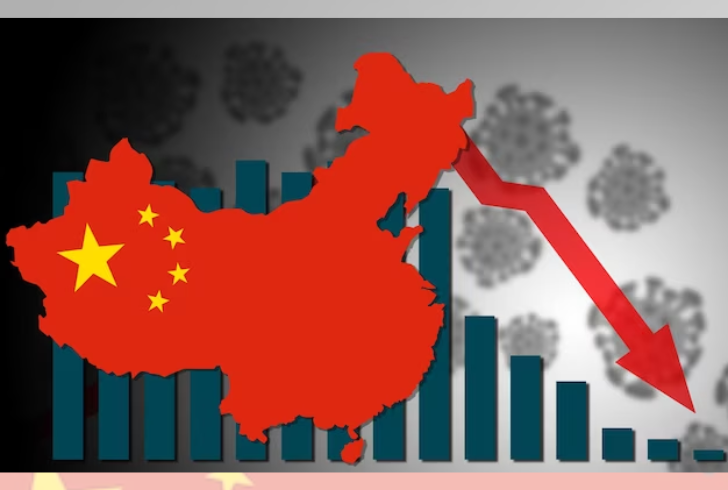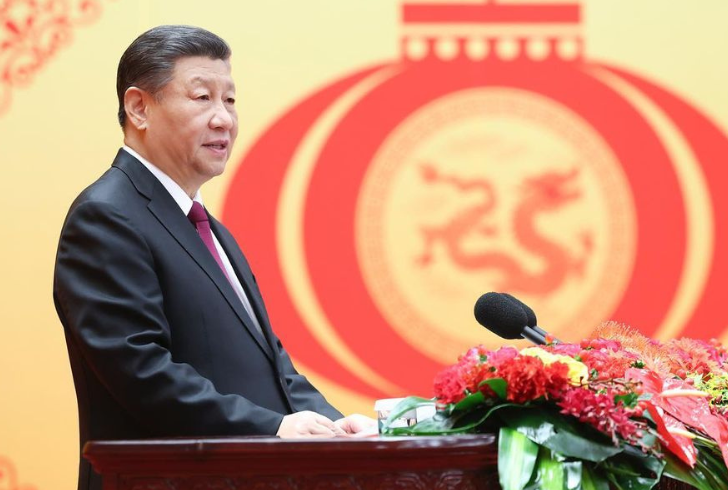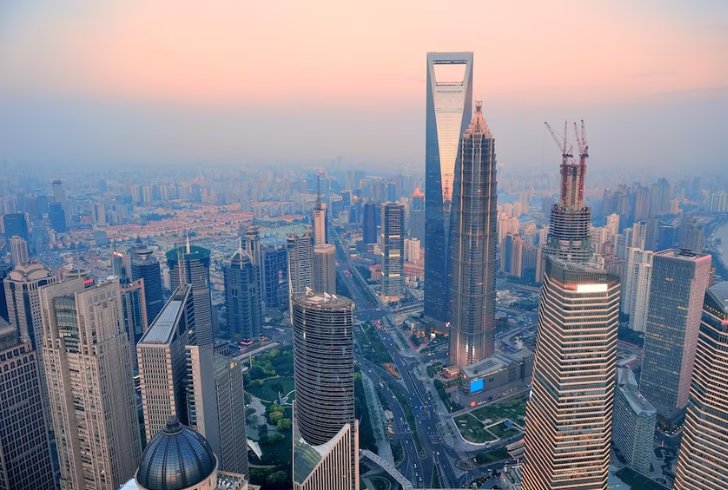China stands at a critical juncture in its economic trajectory, facing the ominous prospect of a "lost decade" if it doesn't undertake substantial reforms. This cautionary note comes from none other than Rory Green, the chief China economist at GlobalData.TS Lombard, who recently sounded the alarm on the potential consequences of maintaining the status quo.
As the world's second-largest economy grapples with post-pandemic challenges, the fear looms large that China might experience a slowdown akin to Japan's economic woes in the 1990s.
A Risk of "Japanification"

Freepik | tang90246 | China's economic journey, once booming, now faces hurdles that could slow development.
China's economic journey, once marked by unprecedented growth, is now fraught with hurdles that could lead to a prolonged period of sluggish development. The specter of a "lost decade" mirrors Japan's economic stagnation after the burst of asset and credit bubbles.
A convergence of challenges, including a looming property crisis, deflationary pressures, a demographic shift, and trade tensions with the West, compounds the urgency for a strategic economic overhaul.
Beijing's Dilemma in Economic Stimulation
Amid these challenges, China grapples not only with economic obstacles but also with a fundamental ideological dilemma. Rory Green contends that the current economic malaise is, to a large extent, a consequence of attempts to address past excesses, particularly in the realms of property and local government debt. This ideological struggle revolves around divergent viewpoints within the Chinese leadership.
Structural Reform vs. Pro-Growth Mindset

Instagram | chinaxinhuanews | Xi Jinping prioritizes fixing structural imbalances over growth, advocating for a new political-economic model.
Since 2016, there has been a noticeable shift in China's policy reaction function. The central debate centers on whether to undergo painful structural reforms first, as advocated by President Xi Jinping, or to prioritize immediate economic stimulus to avert a protracted slowdown.
Green suggests that Xi Jinping insists on addressing structural imbalances before stimulating growth, emphasizing the need for a new political-economic model less reliant on debt-fueled, property-led growth.
A Slow Emergence of a New Growth Model
The heart of China's economic challenge lies in the struggle to forge a new growth model while liberating itself from the shackles of the old one. Green points out that while the technocrats within China recognize the imperative for reform to avoid a "Japan-style lost decade," ideological differences persist. The ideological rift, rather than a scarcity of resources, poses a significant hurdle in crafting a coherent and effective economic strategy.
Shifting to a Pro-Growth Mindset

Freepik | TravelScape | China faces economic consequences, leaning towards a pro-growth mindset.
As China grapples with the ramifications of its economic choices, there is a discernible inclination toward a pro-growth mindset. Rory Green predicts that, given the concerns about welfare and social stability, President Xi Jinping may eventually pivot towards a more growth-oriented strategy. However, this shift is anticipated to be gradual, acknowledging the complexity of dismantling an old growth model and establishing a new, sustainable one.
Forging a Path Forward
China stands at a pivotal moment, facing the critical choice between continued adherence to the current economic model and embracing transformative reforms. The risk of a 'lost decade' looms large, echoing the cautionary tale of Japan's economic struggles.
As China navigates these challenges, the need for a strategic and timely response becomes increasingly apparent. The evolution of China's economic landscape will undoubtedly have ripple effects globally, making it a topic of paramount importance and interest on the international stage.






